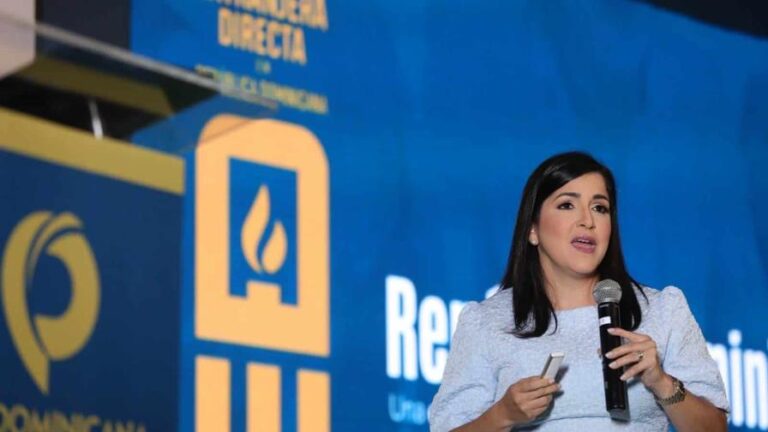
Reforms and Challenges: Luis Abinader Begins His Second Term
On August 16, 2024, Luis Abinader began his second term (2024/2028) as President of the Dominican Republic in a ceremony filled with symbolism and expectations. With a renewed vision and a firm commitment to the country’s development, Abinader faces a series of challenges that will shape his legacy and the nation’s future.
Constitutional Reform
President Luis Abinader will start his second and final term with a focus on constitutional and fiscal reforms that have generated anticipation and criticism in the country.
The constitutional reform, which would be the fourth of this century, aims to prevent changes to presidential election rules, consolidate the independence of the Public Prosecutor’s Office, reduce the number of deputies, and unify election dates.
- “Abinader has defended this initiative as a measure to consolidate the principles of democracy, transparency, and institutional integrity, and not as a short-term reform driven by political-party needs.”
A “Lock” for Presidential Stability
The first of these reforms seeks to establish a transitional article that prevents modifications to presidential election terms, ensuring that no one can remain in power beyond 2028. This measure aims to avoid the concentration of power and ensure political stability in the country.
Unification of Elections
Another proposal is to unify presidential, congressional, and municipal elections to be held on the same day starting in 2032. This measure aims to save state resources and increase efficiency in the electoral process.
Reduction of the Number of Deputies
The reduction in the number of members of the Chamber of Deputies is another aspect of the reform. The proposal is to eliminate 53 seats, resulting in a total of 137 legislators from the current 190. This measure seeks to enhance efficiency and representation in the National Congress.
Independence of the Public Prosecutor’s Office
The most controversial reform aims to “consolidate the independence of the Public Prosecutor’s Office from the Executive Branch.” This proposal suggests that the prosecutor be elected by the National Council of the Judiciary and removed from the council. This measure seeks to ensure the independence of the Public Prosecutor’s Office and avoid political influence in the judiciary.
Fiscal Reform
On the other hand, Abinader also has a fiscal reform in his sights, which has been postponed for years. The Dominican Republic needs a fiscal reform to attract more investment and increase tax revenues, according to an International Monetary Fund (IMF) report.
The fiscal reform should also include the adoption of a fiscal rule that sets limits on long-term public debt.
Reduction of Poverty
One of Abinader’s main goals is to reduce poverty, a problem affecting a significant portion of the Dominican population. During his first term, various social policies and assistance programs were implemented, but poverty remains a persistent challenge, especially in rural and marginalized urban areas.
- “Abinader has promised to intensify efforts to improve the quality of life for Dominicans, focusing on job creation, access to education and healthcare, and the development of basic infrastructure.”
Management of Public Debt
Managing public debt is one of the most critical challenges facing Abinader’s administration. With a debt exceeding 39 billion dollars, the administration will need to implement responsible fiscal policies and seek mechanisms to reduce debt without sacrificing economic growth.
This balance will be crucial for maintaining macroeconomic stability and ensuring sustainable long-term development.
Inflation and Public Safety
Inflation and insecurity are two of the most pressing concerns for Dominicans. In his inauguration speech, Abinader acknowledged the urgent need to address these issues. Inflation has affected family purchasing power, and insecurity remains a constant threat in many communities.
The president has promised to strengthen security policies and adopt economic measures to help control inflation, thereby protecting citizens’ well-being.
Transparency and Legitimacy
Transparency and legitimacy are fundamental aspects for the success of any government. In his second term, the president will need to redouble efforts to restore public trust in institutions and his leadership.
This will involve greater accountability, the implementation of anti-corruption policies, and the promotion of a culture of integrity at all levels of government.
Source:



